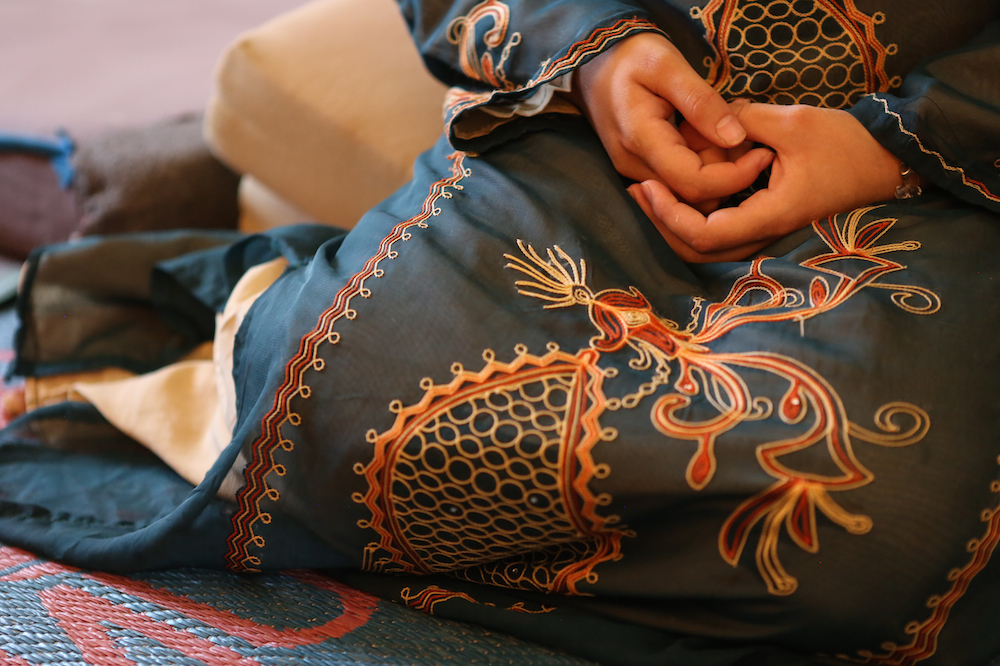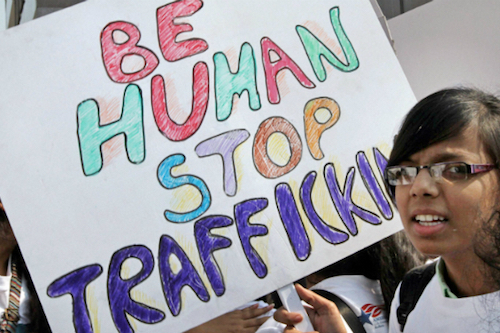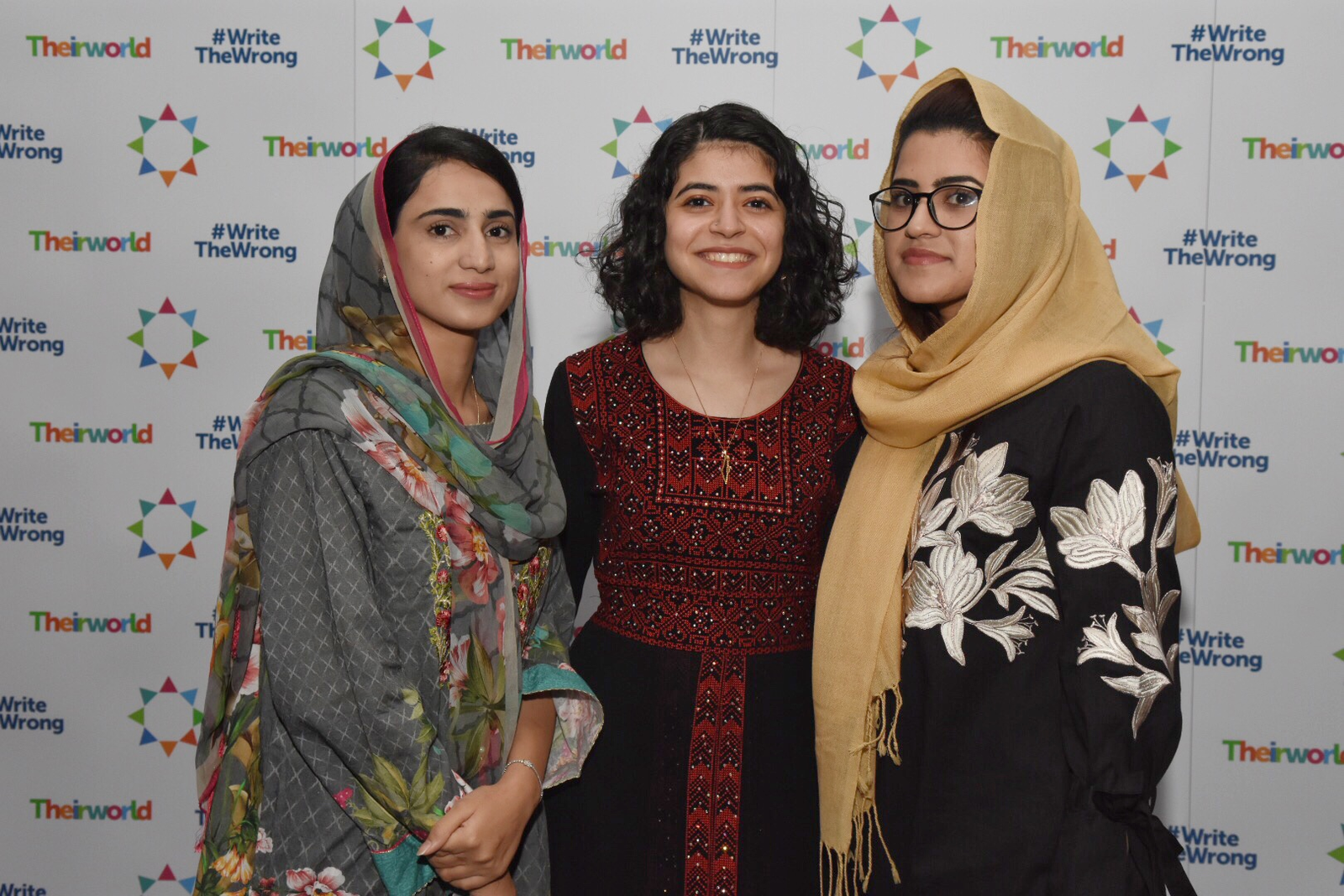
Trafficking destroys children’s lives and ends their education
Child labour, Child trafficking, Girls' education, Right to education
Ahead of World Day against Trafficking in Persons, we look at a vile practice that wrecks the lives of millions of children and deprives them of education.
When a child is the victim of trafficking, she loses everything. Her home, her friends, her education. Her hope.
More than a million children are trafficked each year around the world, according to UNICEF. Wrenched from their familiar life, they are relocated and forced to work, often in the sex trade but also in sweatshops, begging and agriculture.
The vast majority of them are girls and they are deprived of an education and trapped in a life of poverty and slavery.
July 30 is World Day against Trafficking in Persons – when the spotlight is shone on a problem that affects every country, not just the developing ones.
India is home to 40% of the world’s estimated 45 million slaves, according to a 2016 global slavery index published by the Australia-based Walk Free Foundation.
This week an international conference on the trafficking of girls and women has been held in Mumbai. It heard the city has become a major destination for global sex trafficking.

“Girls were being trafficked to Mumbai from the poorer states of India and also from Bangladesh, Nepal and Myanmar,” said Vijaya Rahatkar, chair of Maharashtra State Women’s Commission that organised the conference along with anti-trafficking charity International Justice Mission.
“Now girls from Philippines, Uzbekistan, Kazakhstan are being brought to Mumbai,” Rahatkar told the Thomson Reuters Foundation.
A charity has just launched an appeal to help underprivileged Indian children becoming victims of child trafficking.
The Scottish Catholic International Aid Fund (SCIAF) will work alongside Caritas India to help families in underprivileged communities avoid becoming victims of trafficking.

“Child trafficking is destroying lives,” said Charlotte Hull, head of communications, fundraising and education at SCIAF.
After going to India to see the project, she said: “Right now in India, thousands of children are being bought and sold every year – forced to work long hours in dangerous conditions with little or no pay, no rights and often violently beaten and sexually abused.
“Every child has the right to love, safety, an education and a future of hope.”
On the other side of the world, a forum was held this week on the problem of indigenous people in Ecuador being trafficked.
Traffickers prey on poor indigenous families and their children by offering false promises of opportunities to study or good jobs, often as domestic or farm workers.
“People are tricked. They are offered everything,” Magdalena Fueres, an indigenous leader told the Thomson Reuters Foundation.
“Girls who have been trafficked don’t report what’s happened to them because of shame and fear,” said Fueres, who heads UNORCAC, an association of indigenous women in Ecuador.
More news

Education is a right … but Afghan girls are still shut out of schools
